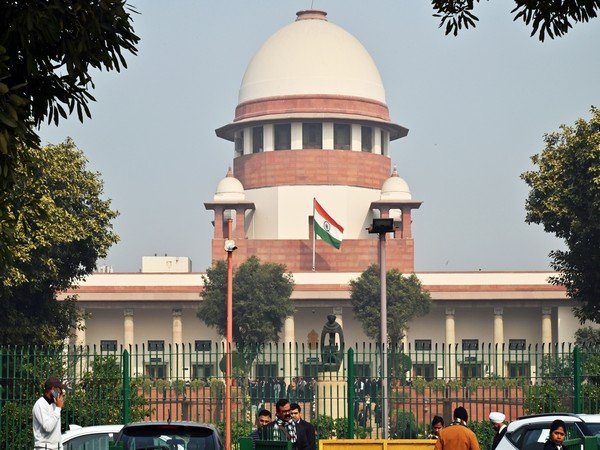Centre Assures SC: No De-Notification of Waqf Properties, No Appointments to Boards for Now
The Central Government on Thursday assured the Supreme Court that key provisions of the Waqf (Amendment) Act, 2025—such as the inclusion of non-Muslims in the Waqf Boards and Council, and the de-notification of Waqf properties—will not be implemented for the time being.
A bench comprising Chief Justice of India Sanjiv Khanna, along with Justices PV Sanjay Kumar and KV Viswanathan, recorded the assurance given by Solicitor General Tushar Mehta on behalf of the Centre. The government stated that until the next hearing, Waqf properties, including those categorized as “Waqf by user,” that have been registered or notified will not be de-notified.
Additionally, the Solicitor General confirmed that no new appointments will be made to the Waqf Council or Waqf Boards in the interim.
The Centre also sought additional time to file a detailed reply to multiple petitions challenging the constitutional validity of the Waqf (Amendment) Act, 2025. Granting the request, the bench allowed the government a week to submit its response, with petitioners permitted to file rejoinders within five days thereafter. The matter has been listed for hearing during the week starting May 5. The next session will focus on interim orders and procedural directions.
During the hearing, Solicitor General Mehta opposed any stay on the Act, arguing that it was a well-considered piece of legislation based on extensive consultations and numerous public representations. “The government is accountable to the people. Lakhs of representations were received. There are villages and large areas of land claimed as Waqf. This law was enacted after thorough consideration,” Mehta submitted.
He added that suspending the Act at this stage would be a “harsh step” and reiterated his request for time to submit a preliminary reply with supporting documents.
Chief Justice Khanna responded by acknowledging that while the bench had recognized some constructive elements in the legislation, it also pointed out several areas of concern. “We don’t want the existing situation to change drastically while the matter is sub judice, as it could affect the rights of the involved parties,” the CJI noted.
He also referenced contentious provisions such as the five-year Islamic practice clause and cautioned against disturbing the status quo. “Courts generally refrain from staying legislation, but we must also ensure that no irreversible changes occur during ongoing proceedings,” he said.
The bench further ruled that if any state proceeds with appointments to the Waqf bodies in the interim, such actions would be deemed void. Solicitor General Mehta confirmed that the Centre would ensure compliance with the court’s directive.
In a related development, the bench also decided to segregate petitions filed by Hindu parties challenging older Waqf laws of 1995 and 2013. The case will now proceed under the title “In Re: Waqf Amendment Act.”
The Supreme Court had earlier indicated that it may consider staying specific provisions of the new Act, including the appointment of non-Muslims to Waqf institutions, the authority of Collectors to resolve Waqf property disputes, and the ability to de-notify existing Waqf properties.
Chief Justice Khanna also questioned the legitimacy of retroactively reclassifying Waqf properties that were declared centuries ago. “The government cannot rewrite history through these amendments,” he said, expressing concern about the impact of such changes on undocumented Waqf properties—especially those established through community use, known as “Waqf by user.”
Several petitions have been filed in the apex court, challenging the new law on the grounds that it discriminates against the Muslim community and infringes upon their fundamental rights. Petitioners include individuals, Members of Parliament, and organizations such as the All India Majlis-e-Ittehadul Muslimeen (AIMIM) and the All India Muslim Personal Law Board (AIMPLB).
The Waqf (Amendment) Bill, 2025, was passed by Parliament after intense debates and received Presidential assent from Droupadi Murmu on April 5.
Meanwhile, BJP-led state governments from Rajasthan, Haryana, Maharashtra, Madhya Pradesh, Assam, Uttarakhand, and Chhattisgarh have filed impleadment applications supporting the Act. Several organizations and legal representatives advocating for tribal and Hindu community rights have also submitted applications backing the legislation.
The Supreme Court will resume hearing the matter in the first week of May, focusing on interim relief and procedural directions, while the final adjudication remains pending.

